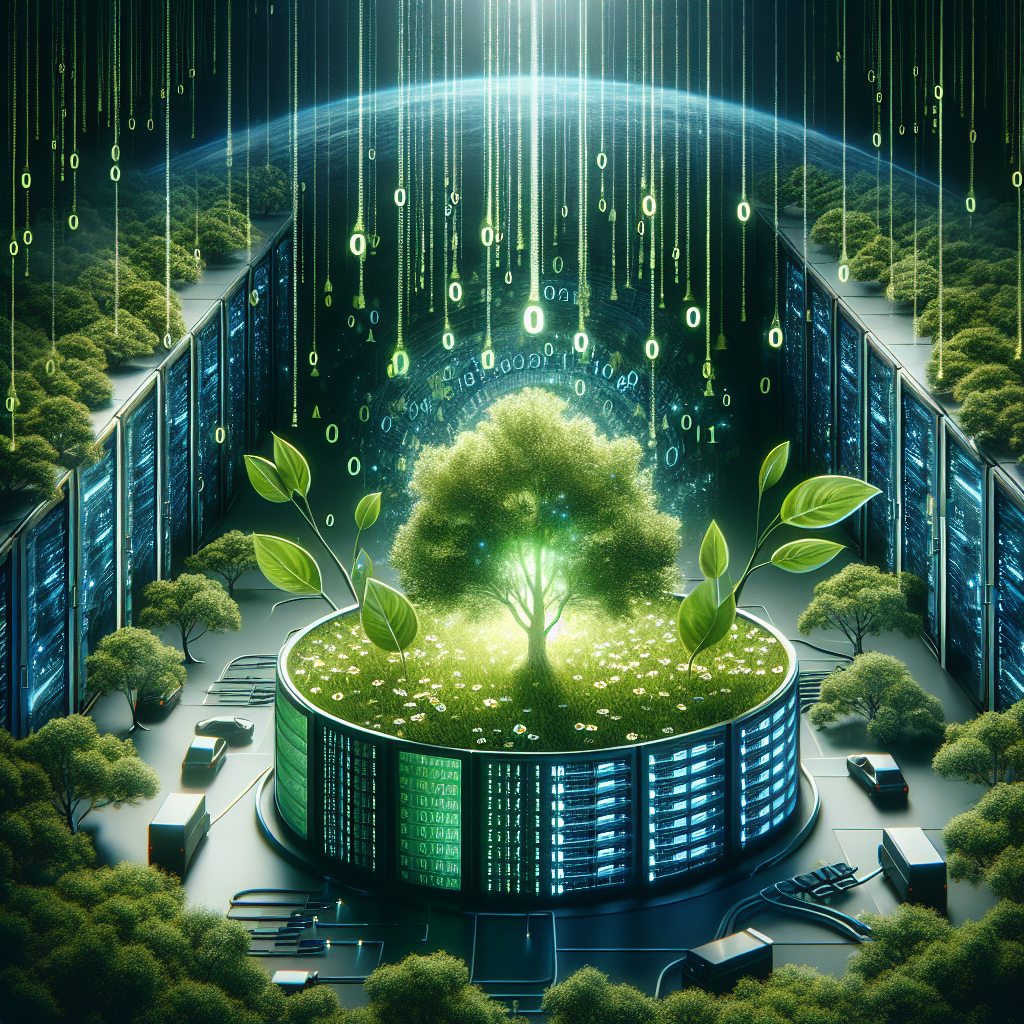Your cart is currently empty!
Building a Greener Future: The Role of Data Centers in Environmental Conservation

In recent years, the world has seen a growing awareness of the need to protect the environment and reduce our carbon footprint. As technology continues to advance and our reliance on digital infrastructure grows, the role of data centers in environmental conservation has become increasingly important.
Data centers are the backbone of the digital economy, housing the servers and infrastructure that enable the storage, processing, and distribution of vast amounts of data. With the exponential growth of data consumption and the increasing demand for cloud services, data centers have become a major consumer of energy and a significant contributor to carbon emissions.
However, data centers also have the potential to play a key role in building a greener future. By adopting sustainable practices and investing in energy-efficient technologies, data centers can reduce their environmental impact and help mitigate the effects of climate change.
One of the main challenges facing data centers is the high energy consumption required to power and cool the servers. To address this issue, data center operators are increasingly turning to renewable energy sources such as solar, wind, and hydroelectric power. By harnessing clean energy sources, data centers can significantly reduce their carbon footprint and operate more sustainably.
In addition to using renewable energy, data centers can also improve their energy efficiency through measures such as virtualization, consolidation, and advanced cooling technologies. Virtualization allows multiple virtual servers to run on a single physical server, reducing the overall energy consumption and improving resource utilization. Consolidation involves combining multiple servers into a smaller number of more powerful machines, further reducing energy usage and operational costs. Advanced cooling technologies, such as liquid cooling and free cooling systems, can also help data centers reduce their energy consumption and environmental impact.
Furthermore, data centers can enhance their sustainability efforts by implementing green building practices and obtaining certifications such as LEED (Leadership in Energy and Environmental Design). By designing and constructing energy-efficient buildings, data centers can reduce their overall environmental impact and create a more sustainable infrastructure for the future.
In conclusion, data centers have a crucial role to play in environmental conservation and the transition to a greener economy. By embracing sustainable practices, investing in renewable energy sources, and improving energy efficiency, data centers can help build a more environmentally friendly future. As the demand for data continues to grow, it is essential that data center operators prioritize sustainability and work towards reducing their carbon footprint. By working together towards a common goal of environmental preservation, data centers can make a significant contribution to building a greener and more sustainable world for future generations.

Leave a Reply